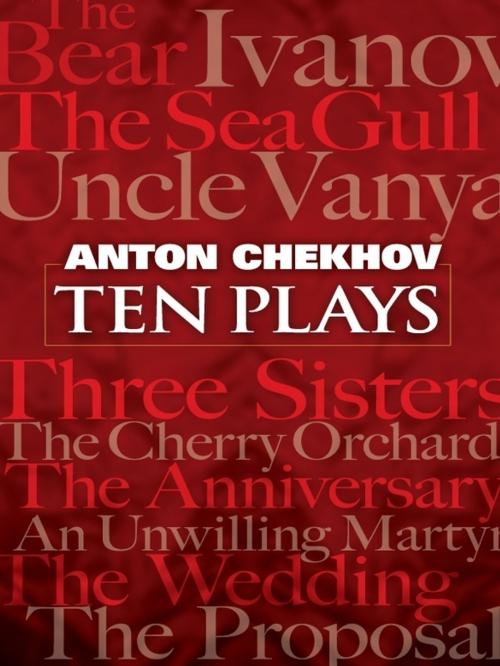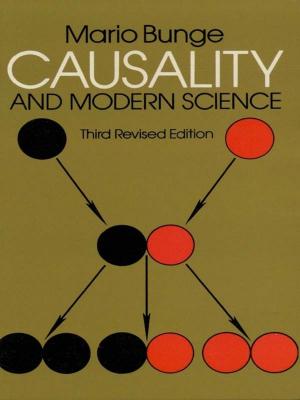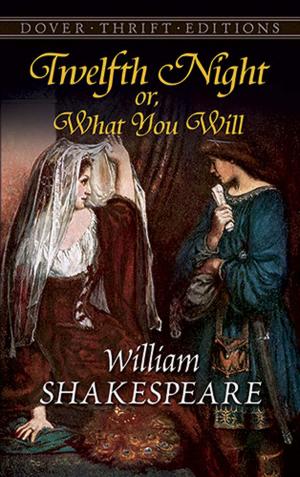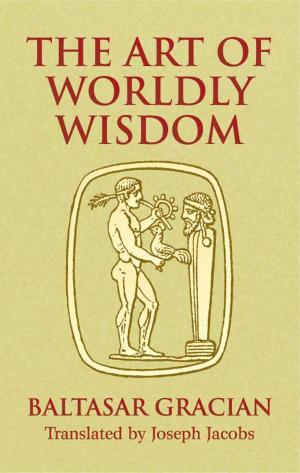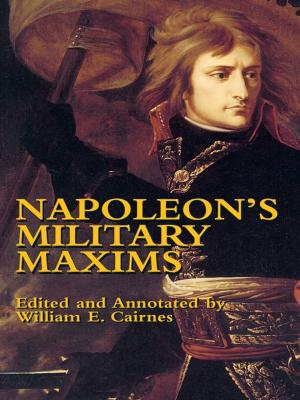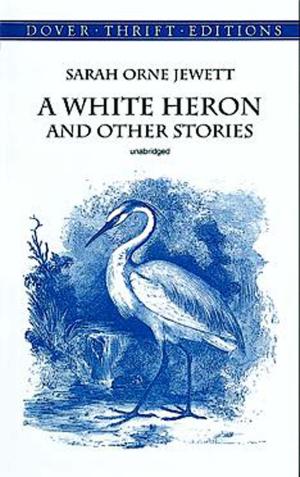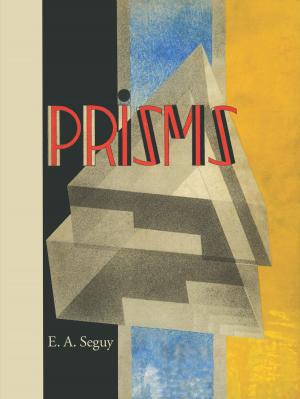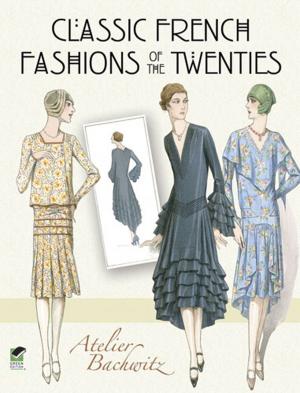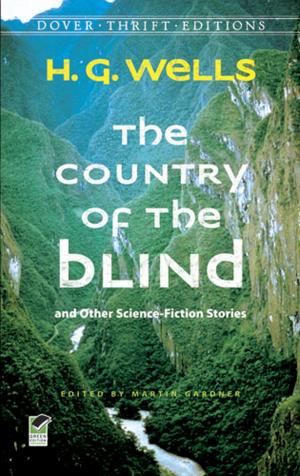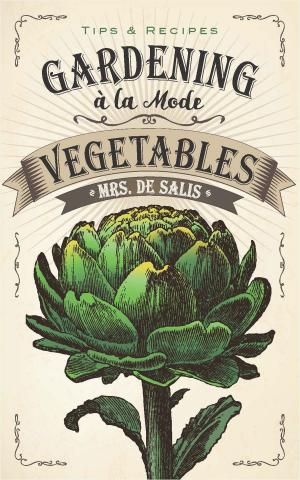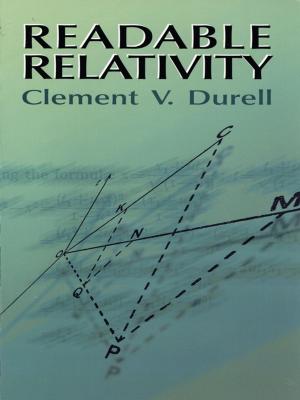| Author: | Anton Chekhov | ISBN: | 9780486122649 |
| Publisher: | Dover Publications | Publication: | March 13, 2012 |
| Imprint: | Dover Publications | Language: | English |
| Author: | Anton Chekhov |
| ISBN: | 9780486122649 |
| Publisher: | Dover Publications |
| Publication: | March 13, 2012 |
| Imprint: | Dover Publications |
| Language: | English |
Here in one compact and modestly priced edition are the celebrated Russian playwright's most popular works. In addition to five full-length plays—*The Sea Gull, Uncle Vanya, The Three Sisters, The Cherry Orchard,* and Ivanov—this anthology features five of Anton Chekhov's one-act comedies: The Anniversary, An Unwilling Martyr, The Wedding, The Bear, and The Proposal.
Chekhov's taste for vaudeville shows and French farces influenced his comic one-acts, which are widely regarded as masterpieces of the genre. His greatest fame rests upon his full-length tragedies, which focus on mood and characterization rather than plot. Chekhov considered his famous tragedies a form of comic satire—with the bleakness of life in czarist Russia at the turn of the twentieth century as their central joke. "All I wanted was to say honestly to people: 'Have a look at yourselves and see how bad and dreary your lives are!'" explained the playwright. In addition to their enduring emotional and intellectual appeal to audiences, Chekhov's modern realist dramas continue to influence theatrical literature and performance.
Here in one compact and modestly priced edition are the celebrated Russian playwright's most popular works. In addition to five full-length plays—*The Sea Gull, Uncle Vanya, The Three Sisters, The Cherry Orchard,* and Ivanov—this anthology features five of Anton Chekhov's one-act comedies: The Anniversary, An Unwilling Martyr, The Wedding, The Bear, and The Proposal.
Chekhov's taste for vaudeville shows and French farces influenced his comic one-acts, which are widely regarded as masterpieces of the genre. His greatest fame rests upon his full-length tragedies, which focus on mood and characterization rather than plot. Chekhov considered his famous tragedies a form of comic satire—with the bleakness of life in czarist Russia at the turn of the twentieth century as their central joke. "All I wanted was to say honestly to people: 'Have a look at yourselves and see how bad and dreary your lives are!'" explained the playwright. In addition to their enduring emotional and intellectual appeal to audiences, Chekhov's modern realist dramas continue to influence theatrical literature and performance.
